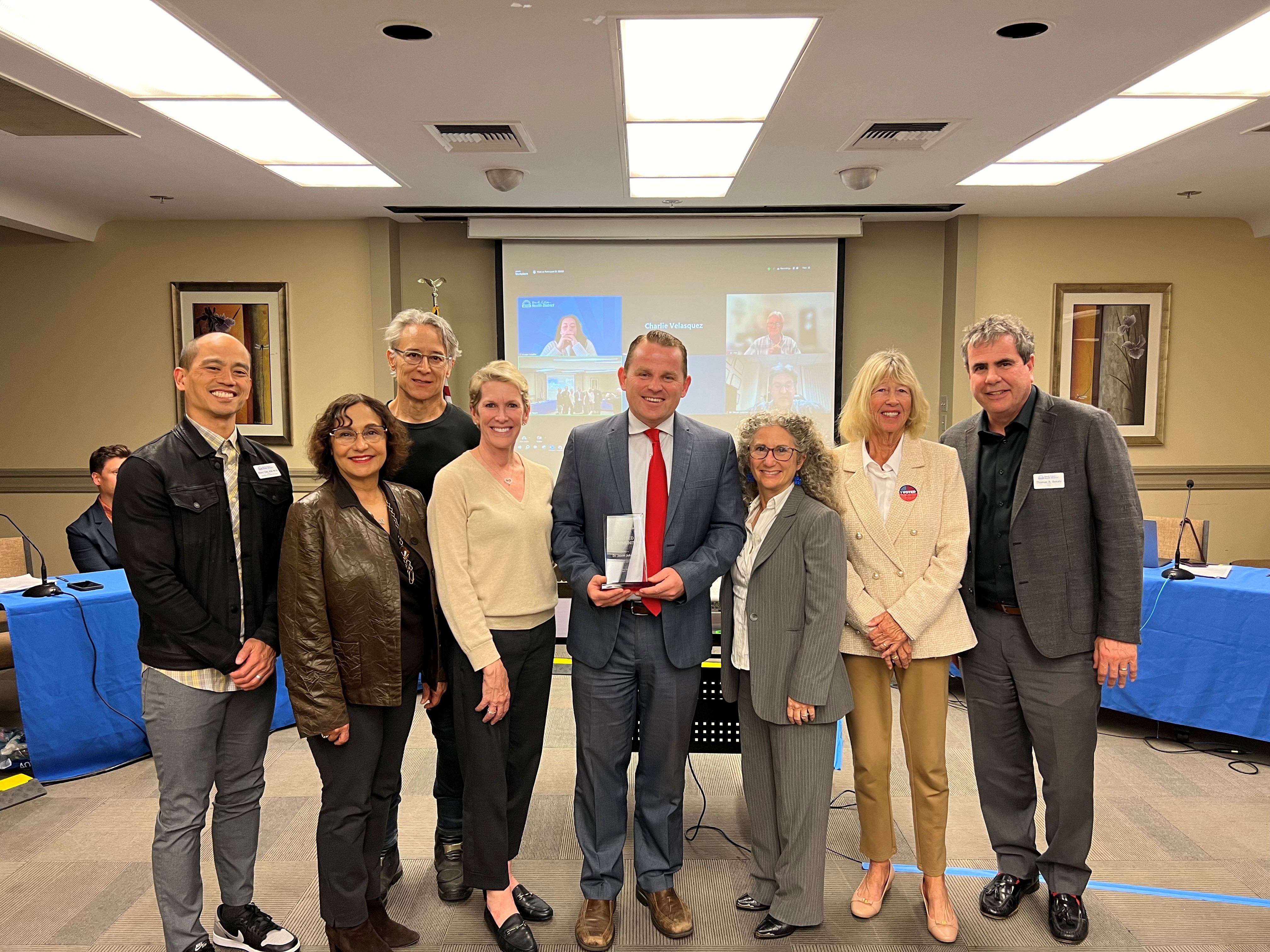 Attorneys fighting for the city’s solvency will argue that a jury should hear testimony from former officials who cancelled an oil drilling contract in 1998, as the city and a spurned oil company prepare for a $700 million breach-of-contract trial.
Attorneys fighting for the city’s solvency will argue that a jury should hear testimony from former officials who cancelled an oil drilling contract in 1998, as the city and a spurned oil company prepare for a $700 million breach-of-contract trial.
At a pretrial hearing Oct. 31, lawyers for the city of Hermosa Beach will argue that the court should hear testimony from former City Council members, and perhaps other officials, who met in a packed council chamber Sept. 17, 1998, and made the decision to cancel the oil contract.
Attorneys for Macpherson Oil Company will argue that the jury should consider the administrative record of the meeting, such as written minutes and transcripts, but not testimony from the officials.
The trial, set to begin in January, will focus on whether the council acted legally when it cited safety concerns as the reason for canceling the oil drilling contract in 1998.
Hermosa Beach City Attorney Michael Jenkins said the focus of the trial was established in a previous ruling by an appeals court to develop a more complete record of the facts surrounding the 1998 ruling.
“The city’s position is that the jury should hear witness testimony, especially from the City Council members who made the decision,” said Hermosa Beach City Attorney Michael Jenkins.
“The city has many defenses, and it can certainly rely on the documentation in the record, but our feeling is that the court of appeal has asked very specific questions that go to whether the council acted in good faith, and it is difficult to understand the motives of the council without hearing from the council members themselves,” he said.
“Our position is that they must hear from those council members why they voted how they voted,” Jenkins said.
Jim Bright, attorney for Macpherson, offered another view of the appeals court decision, saying it limits the city and Macpherson “to what was in administrative record.”
“We don’t want them to go beyond the administrative record because this is not an alternate reality. They [council members] took the action that they took, and they said why they took it at the time,” Bright said.
“They also adopted a City Council resolution that said why they took the action they took on Sept. 17, 1998, and the administrative record includes a verbatim transcript of exactly what they said,” Bright said.
The appeals court “limits both sides to what was in the administrative record. They don’t get to augment that…and we don’t get to augment the record either. Both sides have to live with it,” Bright said.
Bright said the city must prove that, when council members cancelled the drilling lease, they did so based on evidence that was not available to them when the city signed the lease in 1992.
At the 1998 council meeting, then-council members Sam Edgerton, John Bowler and Julie Oakes cast votes on the oil contract. Councilmen J.R. Reviczky and Bob Benz did not participate, citing conflicts of interest because they owned property close to the city maintenance yard at Sixth Street and Valley Drive, where Macpherson held a contract to slant-drill for oil under the Pacific Ocean.
Hermosa officials say the 13-year-old lawsuit could bankrupt the city, and attorneys for both sides have studied that possibility.
Jenkins has said that a bankruptcy judge would leave Hermosa with enough money to provide essential functions such as police, firefighting, road and sewer work, and administration of city permits and licenses, perhaps on a reduced scale.
Bright also has said basic services would be provided, but “only after they have cut the budget to the bone,” perhaps contracting for police and fire services from Los Angeles County.
The issue of council members’ testimony is one of several that will be aired at the Oct. 31 court hearing. The city also will seek to split the trial in two, focusing the first portion on whether the city illegally breached the drilling contract, and a later portion, if necessary, on the amount of money the city would owe the oil company in damages. ER








